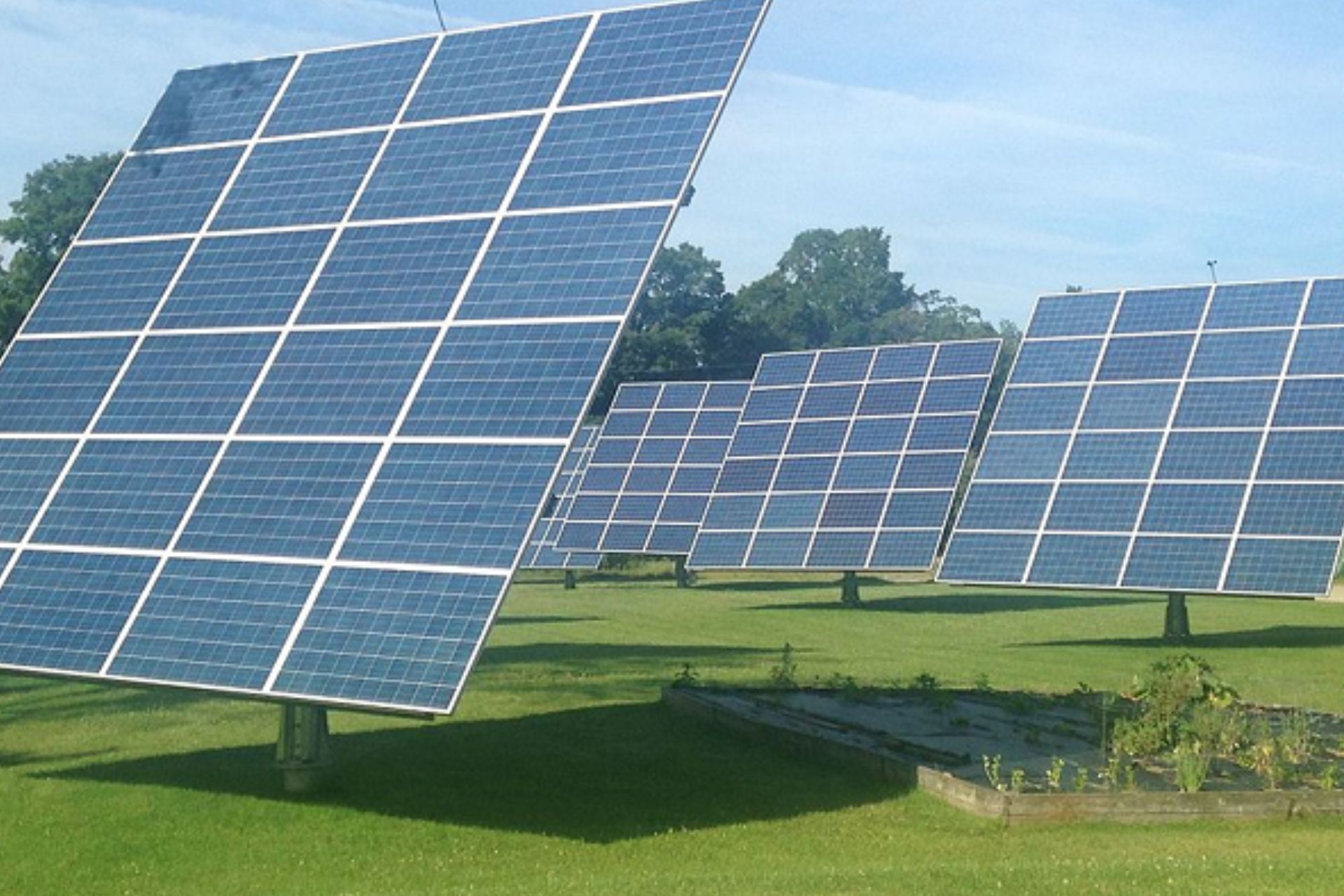An off-grid solar system, also known as a standalone or autonomous system, is a self-contained solar power setup that operates independently from the electrical grid. These systems are installed in locations where grid access is unavailable or impractical.
Off-grid systems consist of solar panels that capture sunlight and convert it into electricity using photovoltaic (PV) technology. What sets them apart is their energy independence – they are not connected to the local electrical grid. Instead, they rely on battery storage solutions to store excess electricity generated during sunny periods. This stored energy is used during periods of low or no sunlight, ensuring a consistent and reliable power supply even in remote or off-grid locations.
One of the significant advantages of off-grid solar systems is their contribution to sustainability. They reduce reliance on fossil fuels, leading to a lower carbon footprint and reduced greenhouse gas emissions. These systems are customizable to meet the specific energy needs of the location and users, making them an excellent choice for off-grid living, remote cabins, and areas with unreliable grid access. Overall, off-grid solar systems offer a sustainable and reliable source of electricity in locations where traditional grid connections are not feasible.

